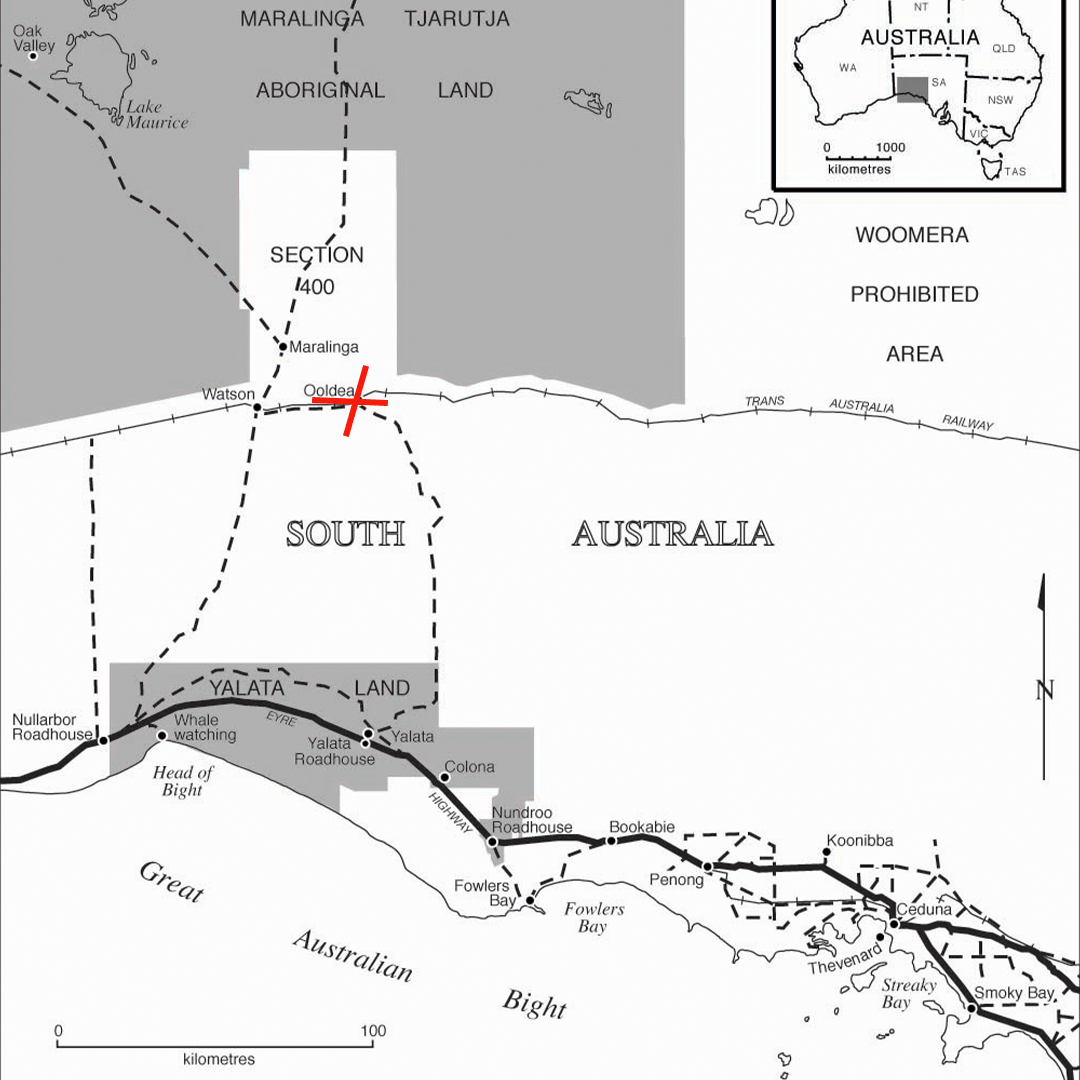THE PEOPLE
Yuldea tells the story of the Anangu of the Great Victorian Desert and the Nunga of the Far West Region of South Australia, who have experienced every chapter of colonial incursions since British settlement, their traditional life colliding with the western capitalism and the Age of Imperialism.
Anangu means 'people' in Pitjantjatjara language. Anangu is the name used by the people of the Western Desert when referring to themselves.
Nunga also means 'people' in Pitjantjatnara language. Nunga is used by the people of the Far West Region of South Australia.
SIGNIFICANCE OF PLACE
Yooldil Kapi is the traditional name for a permanent clay pan waterhole surrounded by sand dunes situated on the traditional lands of the Kokatha people. Widely regarded as the epicentre of cultural life, it was a dynamic cultural centre of trade, ceremony, lore and kinship as well as being an important refuge for sustenance and survival.
Numerous tribes gathered here, following the trade, water, and spiritual routes that intersected and webbed their way across the western desert, extending south into the Nullarbor Plain. We acknowledge all the groups that are inextricably linked to Yuldea: Kokatha, Mirning, Wirangu and Yalata Community.
Kapi means 'water' in Pitjantjatjara language.

THE STORY
Like many other places across Australia, this was the site of unprecedented decisions and actions that resulted in a forever changed landscape. The building of the Trans-Australian Railway in the early 1900s brought the great metal serpent to the Nullarbor, draining the desert soak water source that had sustained life for thousands of years. Soon after, atomic testing began at Maralinga, just north of Yuldea, further restricting people from their traditional lands, creating distress, and having lasting impacts on people's health and well-being.
Mamu means 'bad spirit' in Pitjantjatjara language.




